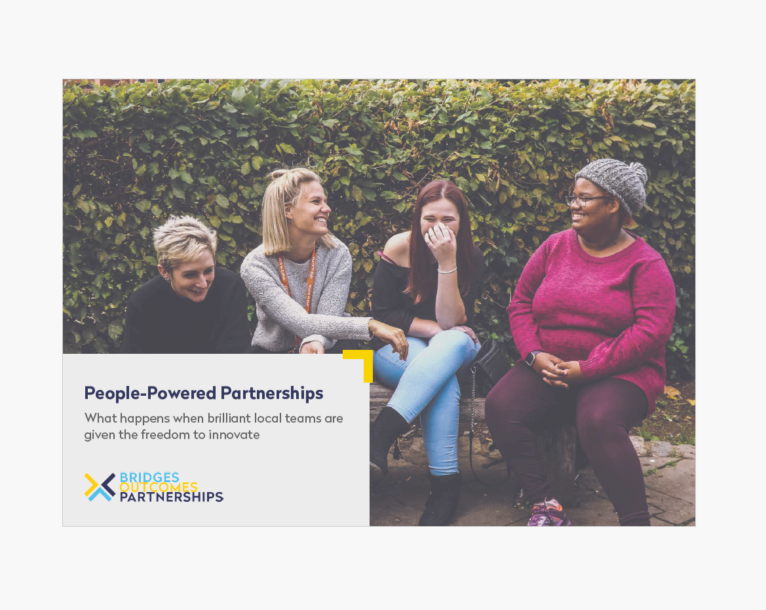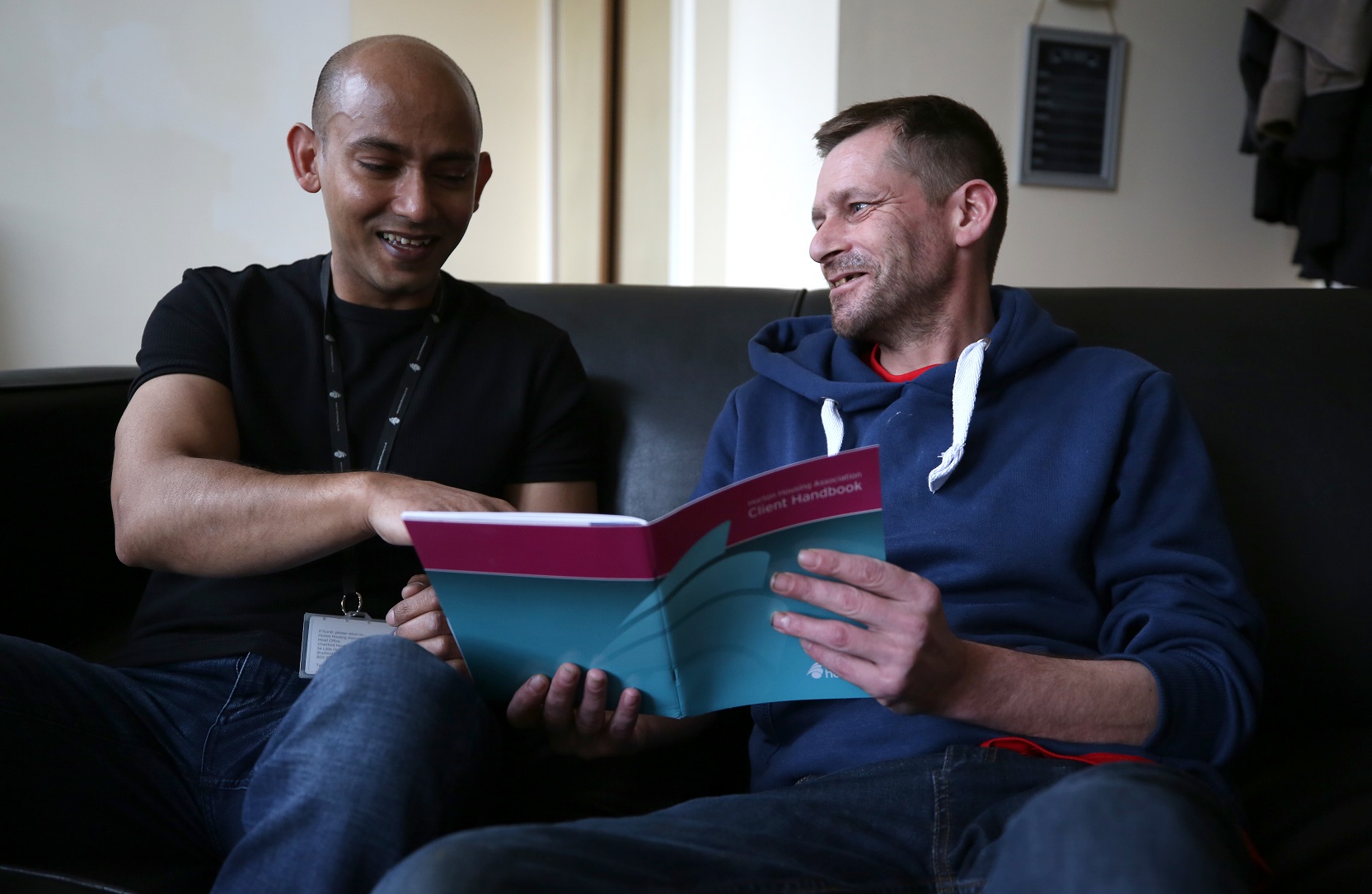People-powered Partnerships
Over the last decade, a new model of public service delivery has been growing in popularity. It is based on one key insight: that if we want to improve the lives of people facing complex, interconnected challenges, we can’t rely on piecemeal, standardised solutions.
We need a more targeted, more holistic approach based on three key principles; detailed below and in more depth in our People-powered Partnerships report.


Instead of trying to impose standardised, clearly specified solutions, give delivery teams the freedom to tailor their solutions to local and individual circumstances – then collect and analyse impact data dynamically, so we can learn from what works and keep iterating to make programmes more effective.
For the most successful projects, that typically means four things:
-
Tailor their approach to people’s situations and strengths (by giving front-line teams the freedom to shape their services around individuals)
Case Study
In practice: Housing and employment in Northamptonshire and West Yorkshire
View Case Study -
Invest properly in people (by taking a more flexible approach to resourcing costs)
-
Embrace continuous improvement (by creating a mechanism that allows the service to be redesigned and ‘relaunched’ on a regular basis)
Case Study
In practice: Community health and diabetes prevention in North-East Lincolnshire and Devon
View Case Study -
Tackle systemic barriers to progress (by encouraging other parts of the system to be more flexible)
Case Study
In practice: Helping people experiencing long-term homelessness across Greater Manchester
View Case Study
Read More
For more detail, read our full report: ‘People-powered Partnerships’
Download PDFPlease note, the document was created primarily as a learning and discussion resource for the BOP team, and our various partners across Government and the social sector. However if you have any feedback on any of the themes covered, we’d love to hear from you!
Please do get in touch via: hello@bridgesoutcomes.org

-
Collaborative Design
With the power of partnerships, projects that are collaboratively designed, and designed to be collaborative.
Previous
-
Clear Accountability
Supportive partnerships where progress is constantly monitored (to inform delivery) and all parties are accountable for the extent to which they actually improve people’s lives.
Next



